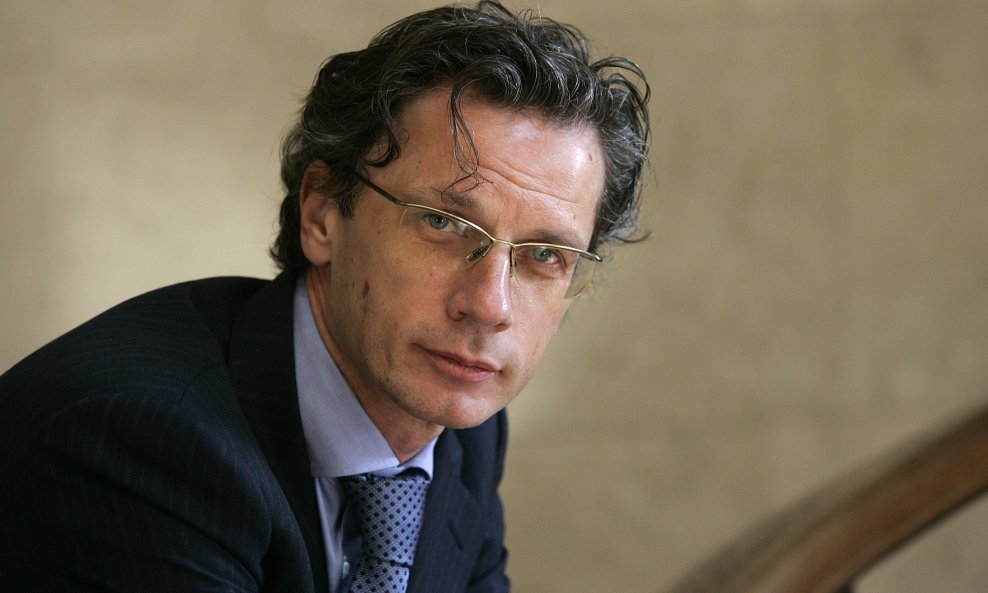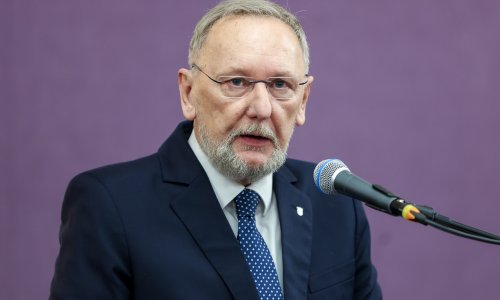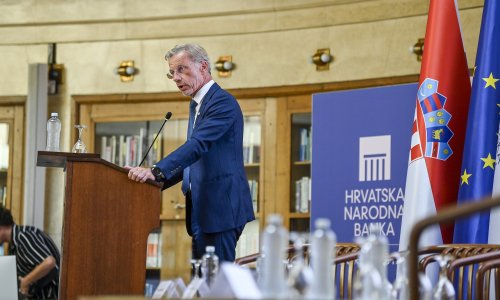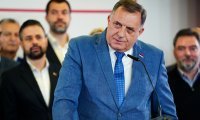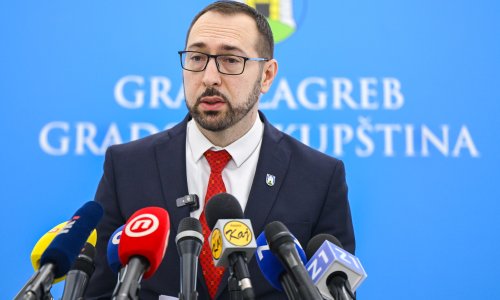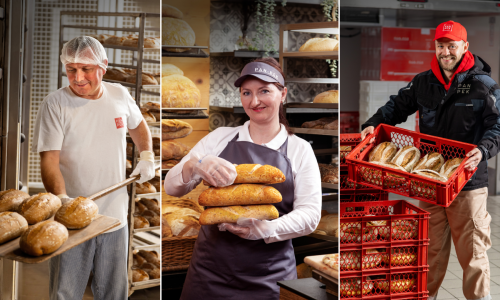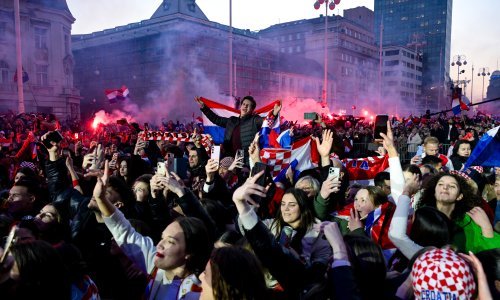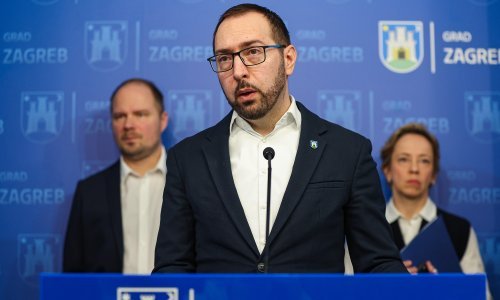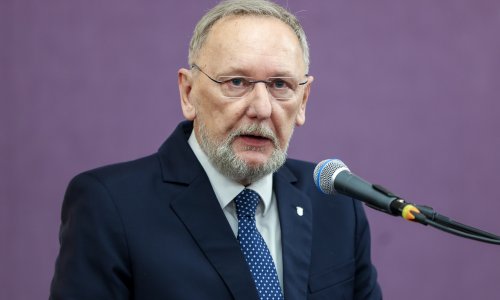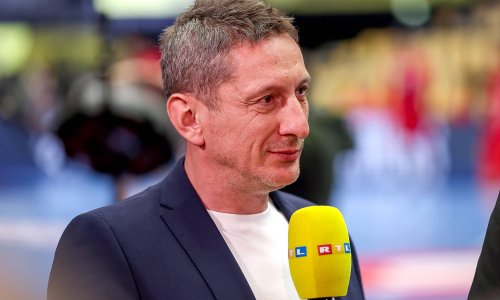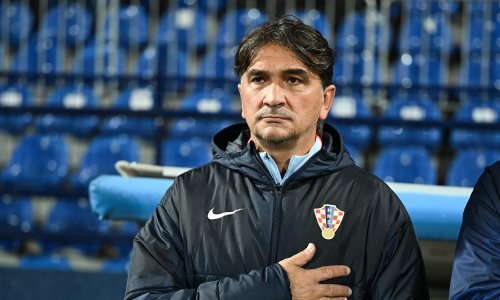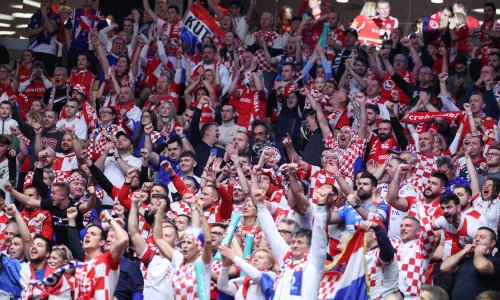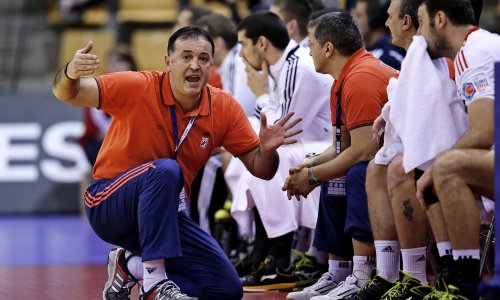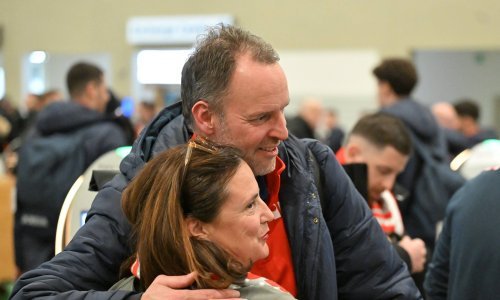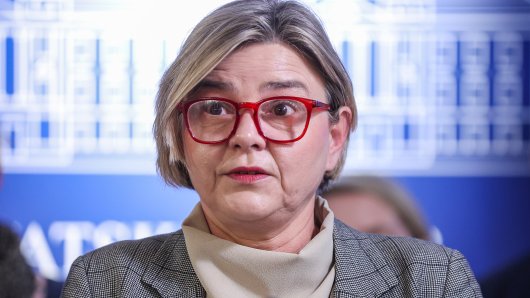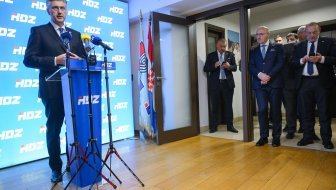The new Governor of the Croatian National Bank (HNB), Boris Vujcic, whose appointment was approved by Parliament on Friday, said in an interview with the commercial television network Nova TV on Friday evening that the central bank would continue maintaining the stability of the domestic currency, the kuna, as its foreign currency reserves were very high.
Responding to the anchor's remark that his goal was to introduce the euro as soon as possible, Vujcic said that the introduction of the euro would depend on what would happen with the eurozone given the present problems. He added that stringent criteria had been introduced for entry into the eurozone, and that Croatia would have to work a lot to achieve that goal, adding that it would not happen within the next few years but within five to seven years.
When asked if he too, like his predecessor Zeljko Rohatinski, would reduce the reserve requirements for the banks and thus release more kuna into the system to help the economy, Vujcic said that the HNB's moves would depend on the situation on the market and that there was no need for such moves at the moment because of high liquidity.
When asked if Croatia was facing the prospect of borrowing at high interest rates like Spain and Italy, Vujcic said that Croatia was not borrowing at low interest rates either, and that the cost of borrowing abroad would depend on the implementation of fiscal consolidation and structural reforms, GDP growth, and the situation in the eurozone.
Speaking of interest rates on loans paid by private citizens, the HNB governor said it was hard to expect their substantial fall as long the government was borrowing at high interest rates.
When asked if new price increases could be expected given that inflation in May reached 3.8%, a record high in the past several years, Vujcic said that the rise in inflation was primarily caused by administrative increases of electricity and gas prices of 20% and 27% respectively. He added that the HNB expected this year's inflation to reach 3.2% on average, which should fall next year, and that there was no danger of higher inflation at this point.
When asked if Croatia would have to approach the International Monetary Fund for assistance, the governor said that the IMF was always an option and that it depended on whether Croatia would retain its present credit rating and borrowing terms on international markets.



